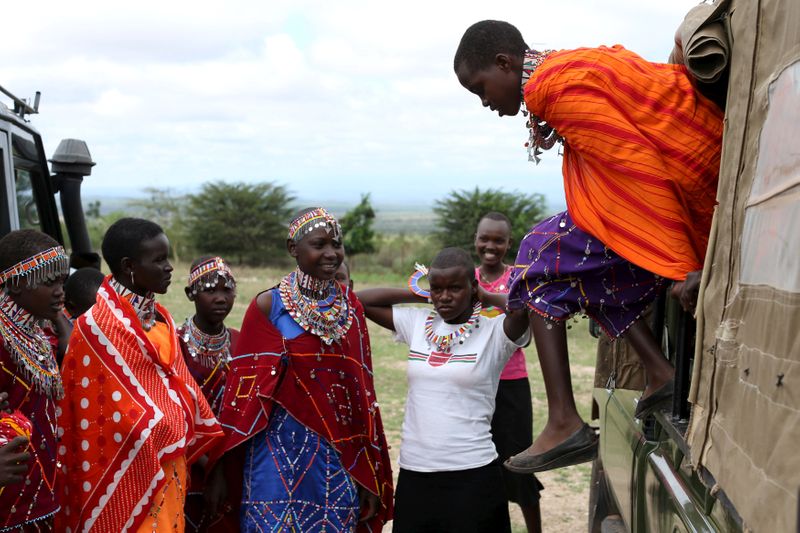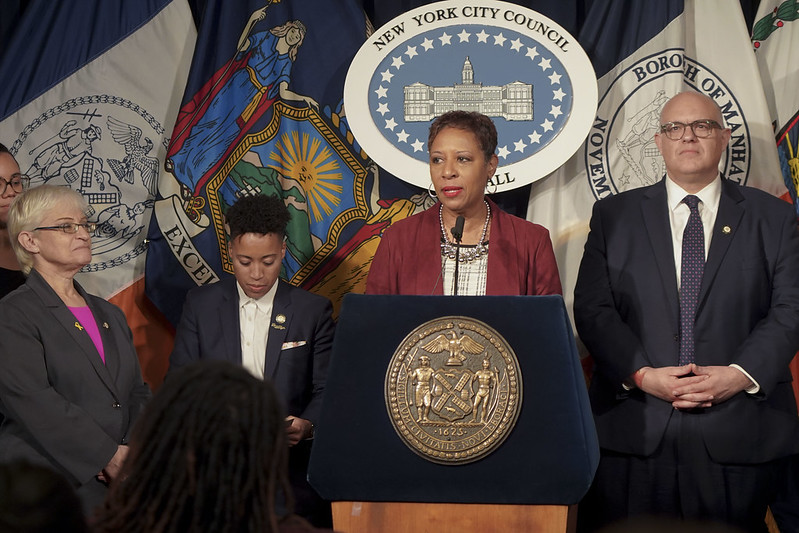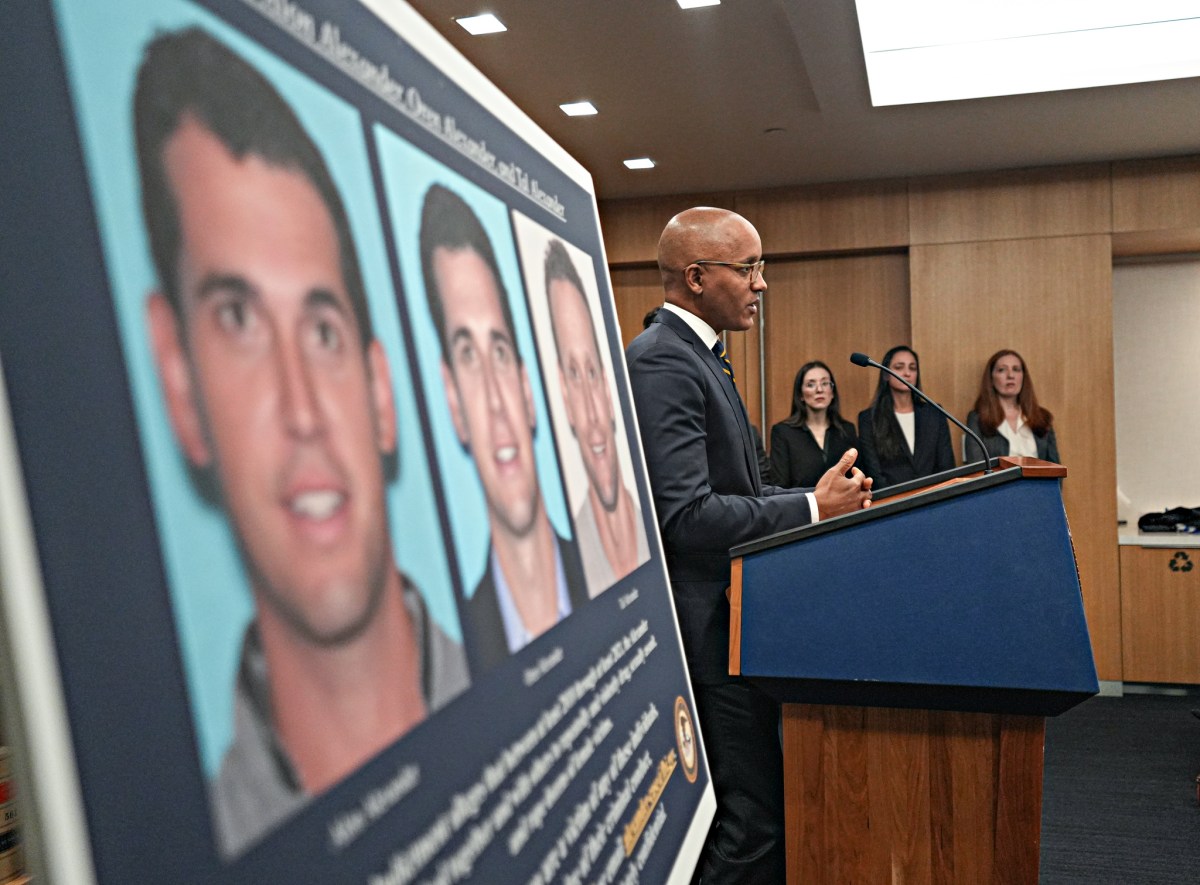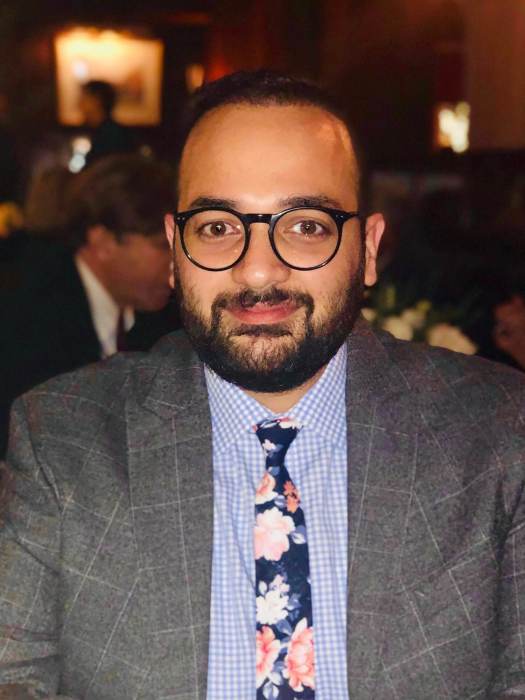NAIROBI (Reuters) – Kenya’s high court upheld a ban on female genital mutilation (FGM) in a landmark ruling on Wednesday welcomed by campaigners seeking to eradicate the internationally condemned procedure.
Kenya criminalised FGM in 2011 with a punishment of three years imprisonment and a $2,000 fine, but the practice persists because some communities regard it as necessary for social acceptance and increasing their daughters’ marriage prospects.
An estimated 200 million girls and women worldwide have been subjected to FGM, which usually involves the partial or total removal of the external genitalia.
The ritual is practised in at least 27 African countries and parts of Asia and the Middle East.
The court was ruling on a petition seeking to legalize FGM on the grounds that the ban is unconstitutional and that adult women should be allowed to do what they want with their bodies.
“We find that limiting this right is reasonable in an open and democratic society, based on the dignity of women,” said judge Lydia Achode. “The amended petition is devoid of merit and hereby dismissed.”
The petition was brought in 2017 by a female doctor, Tatu Kamau, who said that women were being harassed and arrested for undergoing FGM.
“I am disappointed,” Kamau said, adding that she accepted the verdict.
One in five women and girls aged between 15 and 49 in Kenya have undergone some form of the procedure, according to the U.N. Fund for Population Activities, the U.N.’s sexual and reproductive health agency.
President Uhuru Kenyatta has pledged to end FGM by 2022, but women’s rights groups say that target is not realistic due to crime and insecurity, the remoteness of many locations and high prevalence rates in some areas of the country.
(Reporting by Humphrey Malalo and Nazanine Moshiri, Editing by William Maclean and Catherine Evans)






















